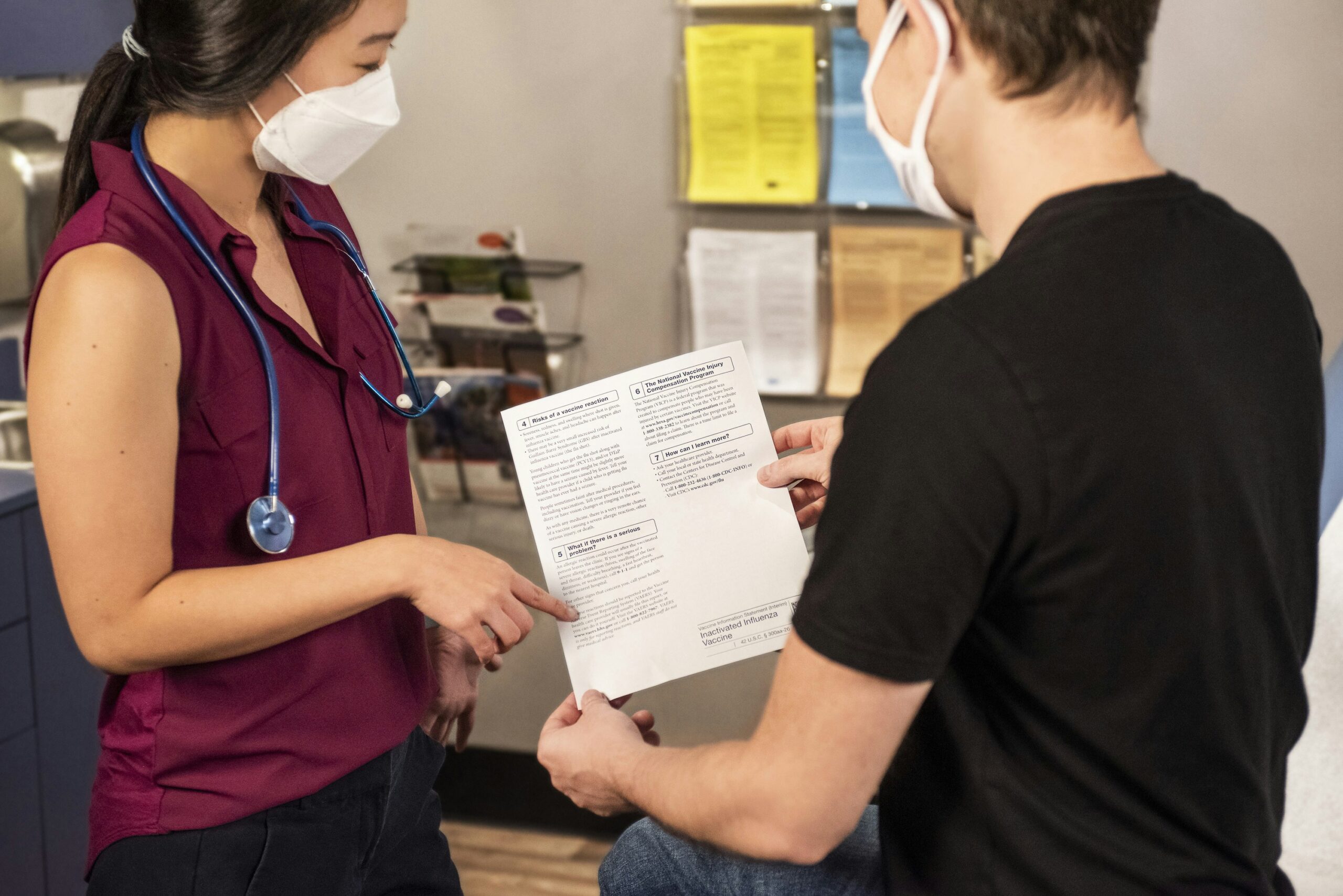Medicines Optimisation & Therapy Review Service
Safe. Evidence-Based. ABPI-Compliant. Contact UsExplore Training
About the Service
At CliniLink, we deliver clinically-led medicines optimisation services that support NHS primary care in achieving cost-effective, evidence-based prescribing. Our therapy review programmes are developed in partnership with GP practices, PCNs, and ICBs, and are aligned with local formularies and national guidelines.
Services are available via direct NHS commissioning or can be supported through unrestricted educational grants from the pharmaceutical industry, fully aligned with the ABPI Code of Practice. All reviews are conducted within NHS systems using DSP Toolkit-compliant platforms, with no patient-identifiable data extracted. Our team operates under robust governance, GDPR compliance, and NHS-approved data-sharing agreements.
Each programme is designed to improve prescribing quality, reduce clinical risk, and deliver lasting improvements in care, supported by training to embed change sustainably within local pharmacy teams.

Our Strategy
-
Secure remote access via DSP Toolkit-compliant platforms integrated with EMIS Web or SystmOne
-
In-house clinical pharmacists and prescribers with full employment checks and indemnity cover
-
Fully ABPI, GDPR, and IG-compliant operations
-
Structured outcome reporting with measurable clinical and financial impact
-
Linked training and mentoring to support workforce development and sustainability
Therapeutic Review Areas
We support therapy reviews across a range of high-priority clinical areas, including but not limited to:
-
Cardiovascular reviews – including atrial fibrillation, lipid management, and hypertension
-
Diabetes care – including appropriate prescribing of blood glucose testing strips and pen needles
-
Women’s health
-
Respiratory care
-
Dry eye disease
-
Pain management
-
Continence prescribing
-
Bone health
- Fraility Reviews
-
Dermatology Reviews
- Oral Nutritional Supplements
Our therapy review services aim to improve prescribing safety and efficiency, increase patient access to appropriate treatment, reduce unwarranted variation, and deliver measurable cost savings—while empowering local GP and pharmacy teams through clinical training and mentoring. All services are delivered in full alignment with NHS governance standards and the ABPI Code of Practice.
